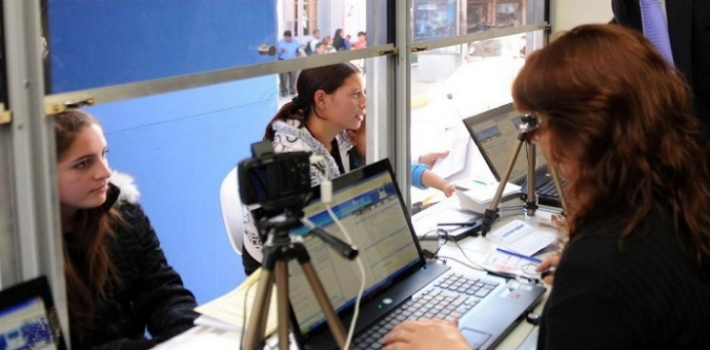
EspañolCristina Fernández de Kirchner’s term as president of Argentina between 2007 and 2015 saw the creation of over 1.4 million public jobs, costing the country around AR $480 billion (US $33.9 billion) per year.
“The fiscal deficit is about 400 billion pesos, 7 percent of GDP,” Director of Consulting Economic Trends José Luis Blanco told La Nación.
Public employment grew 48 percent from 2005 to 2015, according to estimates by the Foundation for Latin American Economic Research (FIEL).
According to the agency, 359,000 employees joined the public payroll between 1980 and 2003, while between 2003 and 2015, 1,393,000 more were hired.
According to FIEL, in 1980 there were 1,851,000 public employees at the national, provincial and municipal levels. Major changes were not recorded until 2003, when there were 2,210,000 state employees. However, in 2006, there were 315,000 new employees. By 2015, the government already had 3,603,000 employees.
During the Nestor and Kirchner presidential administrations, the number of employees tripled, La Nacion said.
“The monthly cost of an average public employee was AR $22,349 in the second quarter of 2015. If you add a 30-percent increase, that is AR $28,600 per employee. Per year the cost would be AR $343,000. For 1,400,000 employees, the state would pay AR $480 billion per year,” Senior FIEL Economist Juan Luis Bour told the newspaper.
“It is not sustainable because there is no money to pay all of them” he said. “Or you charge more taxes or pay lower wages. It is a matter of choice.”
Bour explained that previous administrations wanted to compensate the lack of private employment creation with the incorporation of public employment. However, low-productivity jobs were created that brought down wages in the long-run.
“Private employment has been stagnated since 2008, when the good external conditions were exhausted,” Bour said, “because when the economy rebounded in 2010 and 2011 it grew very little.”
The main causes of stagnation in private employment were, among other things, high wage costs and high taxes, restrictions on import and export and the constant fiscal policy changes, La Nacion pointed out.
To correct the public payroll situation, current President Mauricio Macri asked government officials in December 2015 to review contracts in the public sector implemented in the last three years by Kirchner’s administration. This includes ministries, public enterprises and decentralized agencies.
Minister of Modernization Andres Ibarra said the process of revising public sector contracts ended in 10,921 layoffs, representing 5 percent of the state payroll. This reduction saved the country AR $2.8 billion (US $ 197.82 million).
Source: La Nación.
 Versión Español
Versión Español












